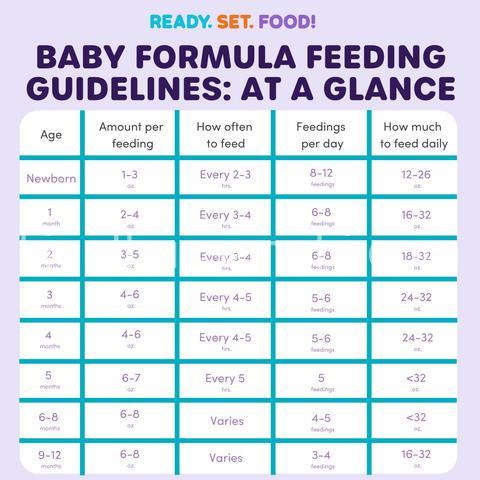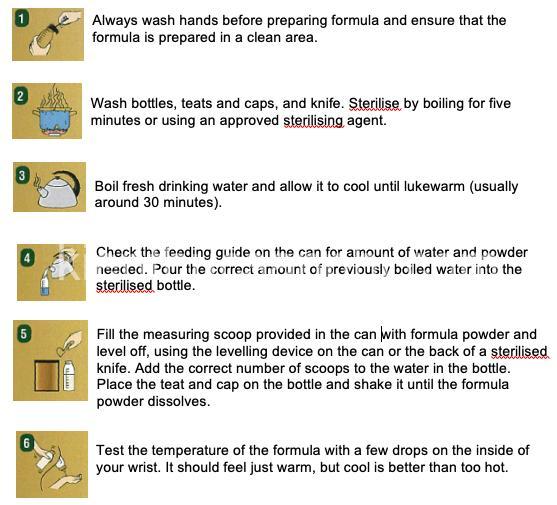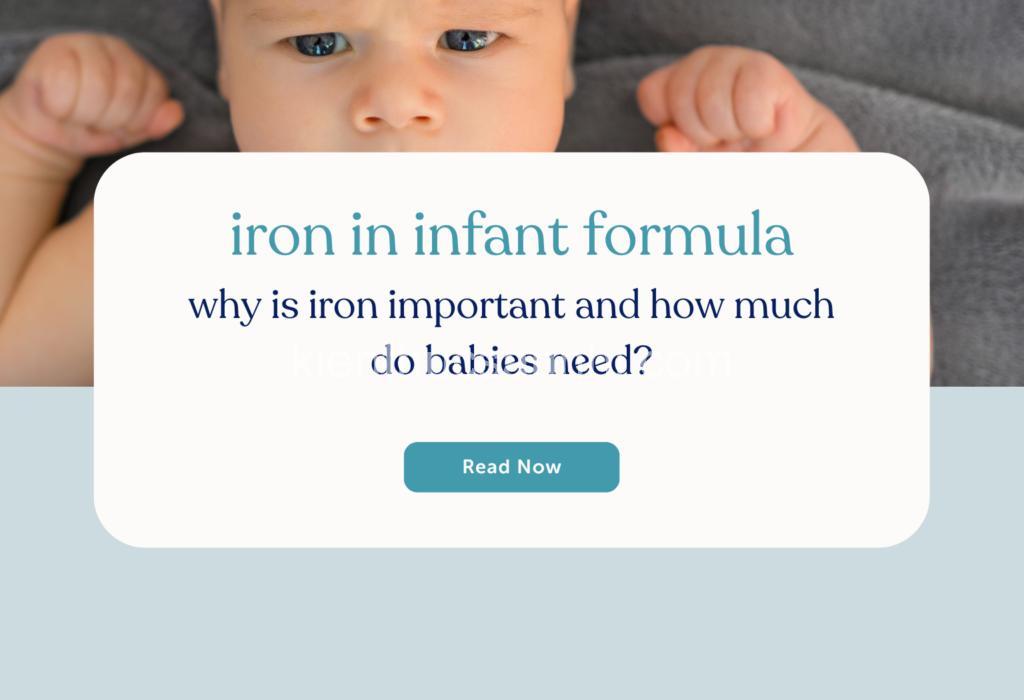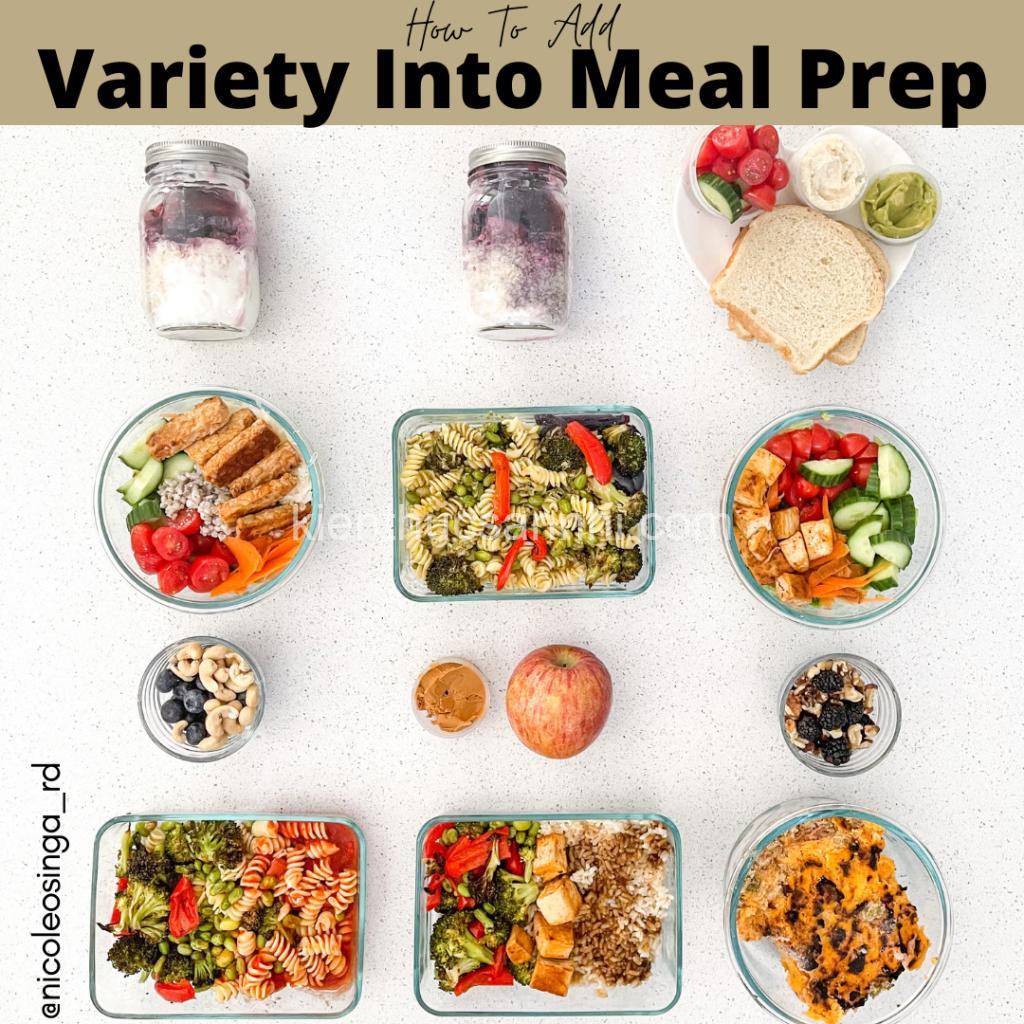
Formula Feeding Guide: Right Amount for Your Baby. In today’s article, kienthucsannhi.com will explore with you in the most detailed and complete way. See now!
Understanding Your Baby’s Formula Needs
Ensuring your baby gets the right amount of formula is essential for their healthy growth and development. But how do you know how much is enough?
The amount of formula your baby needs will depend on their age, weight, and individual needs. As your baby grows, their formula needs will change, and they might need more or less formula depending on their activity level and growth rate.
Here’s a general guideline for feeding frequency and volume based on age:
| Age | Feeding Frequency | Feeding Volume |
|---|---|---|
| Newborn (0-2 weeks) | 8-12 times per day | 1-3 ounces |
| 1-3 months | 6-8 times per day | 3-4 ounces |
| 4-6 months | 4-6 times per day | 4-6 ounces |
It’s important to remember that these are just guidelines. Your baby might need more or less formula depending on their individual needs.
Age is a crucial factor in determining the right amount of formula. Babies grow rapidly in the first few months, and their nutritional requirements increase accordingly. As your baby gets older, they will need less frequent feedings but consume a larger volume at each feeding.
Weight is another important factor to consider. A heavier baby will generally need more formula than a lighter baby.
Individual Needs: Some babies might require more formula than others due to their individual growth rate, activity level, or health conditions. Premature babies or babies with medical conditions might need adjusted feeding schedules and amounts.

Reading the Formula Label
Reading the formula label is crucial for ensuring you’re preparing and feeding your baby the right amount. Every formula brand has its own set of instructions and recommendations, so it’s essential to pay close attention to the specific label of the formula you’re using.
Here’s what you need to know from the label:
- Recommended Amount Per Feeding: The label will indicate the recommended amount of formula to give your baby based on their age or weight.
- Preparation Instructions: The label will specify the correct ratio of water to formula powder and the steps for mixing the formula.
- Number of Feedings Per Day: The label will provide guidance on the number of feedings your baby should have per day.
Following the instructions on the label ensures you’re providing your baby with the appropriate amount of nutrients and avoids over-dilution or over-concentration of the formula.
Recognizing Signs of Adequate Formula Intake
It’s essential to monitor your baby’s feeding to ensure they are getting enough formula. Here are some signs that your baby is getting the right amount of formula:
- Regular Bowel Movements: Your baby should have regular bowel movements, typically 1-3 times a day, with a soft, mushy consistency.
- Weight Gain and Growth: Your baby should be gaining weight and growing at a healthy rate. Your pediatrician will track your baby’s progress on a growth chart to ensure they are developing appropriately.
- Happy and Active: A baby who is getting enough formula will be happy, alert, and active. They should have clear skin and bright eyes.
However, it’s important to note that all babies are different, and these are general guidelines. Always consult with your pediatrician if you have any concerns about your baby’s feeding.
Identifying Signs of Underfeeding or Overfeeding
Knowing the signs of underfeeding and overfeeding is crucial for ensuring your baby receives the appropriate amount of formula.
Here are some signs of underfeeding:
- Slow Weight Gain: If your baby is not gaining weight as expected or is losing weight, it could be a sign of underfeeding.
- Irritability and Fussiness: A baby who is underfed might be excessively fussy, irritable, or cry more often than usual.
- Infrequent Wet Diapers: A baby who is underfed might have fewer wet diapers than expected.
Here are some signs of overfeeding:
- Spitting Up or Vomiting: Overfeeding can lead to spitting up or vomiting, especially after feedings.
- Forceful Burping: A baby who is overfed might burp forcefully or frequently.
- Diarrhea: Overfeeding can lead to digestive problems like diarrhea.
Seeking Guidance From Your Pediatrician
Your pediatrician is your most valuable resource for guidance on formula feeding. They can assess your baby’s individual needs and provide personalized recommendations for their feeding schedule and formula intake.
Here’s why it’s essential to consult your pediatrician regularly:
- Growth Monitoring: Your pediatrician will track your baby’s growth and development, ensuring they are gaining weight and growing at a healthy rate.
- Feeding Adjustment: Your pediatrician can make recommendations for adjustments to your baby’s feeding schedule and formula intake based on their individual needs.
- Addressing Concerns: If you have any concerns about your baby’s feeding, it’s essential to speak with your pediatrician. They can provide you with reassurance and address any specific issues.
Practical Tips for Ensuring Proper Formula Intake
Building a healthy feeding routine for your baby takes time and patience. Here are some practical tips to ensure your baby is getting the right amount of formula:
- Offer Formula On Demand: Instead of sticking to a rigid schedule, allow your baby to signal their hunger and finish their feeding until they are satisfied.
- Observe Feeding Cues: Pay attention to your baby’s feeding cues, such as rooting, sucking motions, and hand-to-mouth movements.
- Burp Your Baby: Burping your baby after feedings helps to prevent spitting up and discomfort.
- Monitor Diaper Output: Frequent wet and soiled diapers indicate adequate hydration and nutrition.
- Be Patient and Consistent: Allow your baby to develop a feeding routine that works best for them. It may take some time to find the right balance.
Frequently Asked Questions (FAQs) about Formula Feeding
How often should I feed my baby formula?
The frequency of feedings will depend on your baby’s age. Newborns typically need to feed 8-12 times a day, while older babies might need fewer but larger feedings.
Can I switch between different formula brands?
It’s generally okay to switch between different formula brands, but it’s best to consult with your pediatrician to ensure the new formula is appropriate for your baby’s age and needs.
What if my baby is not gaining enough weight?
If your baby is not gaining weight as expected, consult with your pediatrician. They can determine the underlying cause and provide guidance for adjusting the feeding schedule or formula type.
What are the signs of a formula allergy?
Signs of a formula allergy can include spitting up, vomiting, diarrhea, constipation, skin rash, and fussiness. If you notice these symptoms, consult with your pediatrician.
What are the best ways to burp my baby?
There are various techniques for burping your baby. You can try holding your baby upright and patting their back gently, or you can try laying them across your lap and patting their back.
How do I know if my baby is getting enough hydration?
A good indicator of adequate hydration is frequent wet diapers. Your baby should have 6-8 wet diapers per day.
What are some tips for preparing formula?
Always follow the instructions on the formula label. Use fresh water and measure the powder precisely. Avoid microwaving formula as it can create hot spots.
Conclusion
Ensuring your baby gets the right amount of formula each day is an important part of providing them with the nutrients they need to grow and thrive. By understanding your baby’s needs, reading the formula label, and recognizing signs of proper intake, you can provide your baby with the best possible start in life.
For more helpful information on raising your little one, be sure to visit kienthucsannhi.com – your one-stop resource for all things animal-related! Leave a comment below and share your experiences with formula feeding. Don’t forget to share this article with other parents who might find it helpful!







